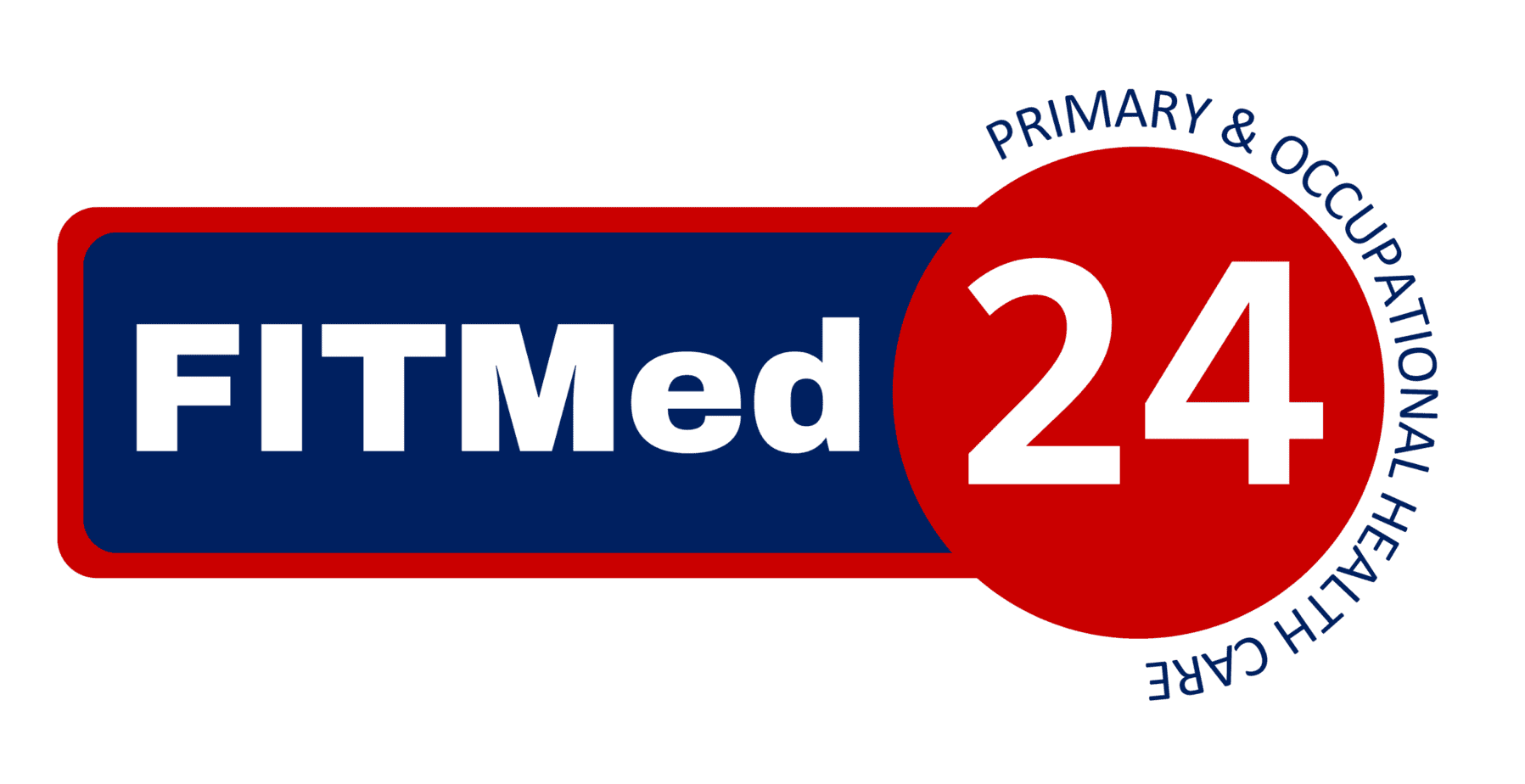While the many risks to which employees may be exposed whilst at work have long been a concern, the physical ability of workers to conduct the tasks they must perform safely and effectively is a concern that has only been addressed comparatively recently. Part of a much broader campaign to ensure the health and safety of workers, occupational medicals are playing an increasingly important role.

Many jobs require special skills and experience and, in such cases, an applicant can confirm these by presenting his or her qualifications and references. However, where a post might be more physically demanding and require someone with a high level of fitness, this type of documentation alone will be of little help. In practice, written confirmation of a person’s physical fitness for a given occupation can only be issued by a specialist in the field of occupational health, based on the findings of an appropriate medical examination.
The particular physical parameters to be evaluated during these examinations will, of course, depend upon the nature of the proposed employment. For example, in the case of a college graduate who is applying for a post as a mining engineer and who may be required to operate in dust-filled underground workings, the efficient respiratory function will be vital. Similarly, a construction worker seeking to earn more money by working at height will need good balance, and so, tests to preclude the possibility of a vestibular disorder, such as Meniere’s disease will be important.
Naturally, all occupational medicals should address the basics, as well as the more specialised fitness requirements, and they are not only aimed at improving the employee selection process. As stated earlier, many people must work in hazardous environments. Despite efforts to eliminate the associated risks or to reduce them to more acceptable levels, performing periodic physical examinations of at-risk employees is the only way to be certain whether or not the countermeasures in place are sufficiently effective.
Following the introduction of the Health and Safety Act of 1994, employers in South Africa are now obliged to institute measures to protect their staff. Occupational medicals are, therefore, just as important to employers as they are to their workers, as they can be a means to prevent costly claims for industrial compensation. In addition, healthy workers are generally more productive and happy ones even more so. The knowledge that an employer is concerned about the welfare of workers can be a good way to promote that happiness.
FITMed24 is a leader in the field and offers clients, nationwide, a broad selection of occupational medicals conducted by a team of specialists with the combined experience of more than 70 years.

